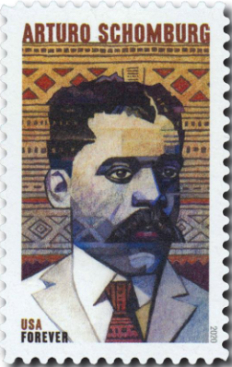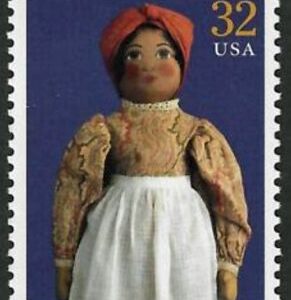Description
Arturo Alfonso Schomburg (January 24, 1874 – June 8, 1938) was a Puerto Rican historian, writer, and activist who dedicated his life to researching and preserving African-American and African diaspora history. He is best known for his contributions to the Harlem Renaissance, a movement that celebrated African-American culture and art in the 1920s and 1930s.
Schomburg was born in Santurce, Puerto Rico, to a father of German and African descent and a mother of Afro-Puerto Rican heritage. He moved to New York City in 1891 and worked a series of odd jobs, including as a janitor and a librarian, while continuing to pursue his passion for African-American history.
Schomburg’s greatest contribution to the Harlem Renaissance was his dedication to researching and preserving African-American history. He helped develop the New York Public Library’s Division of Negro Literature, History and Prints, which holds the largest collection of African-American material in the world. He also helped organize the first major exhibition of African-American art in New York City in 1926.
In addition to his research, Schomburg was an active member of the African-American community in New York City. He was a founding member of the Negro Society for Historical Research and the American Negro Academy, two organizations dedicated to promoting African-American culture and history. He also wrote extensively about African-American and Afro-Caribbean history and culture, including his most famous work, The Negro in Our History.
Schomburg’s work was crucial to the Harlem Renaissance and the development of African-American and African diaspora history as a field of study. He is remembered today as an important figure in the fight for African-American rights and recognition.





Reviews
There are no reviews yet.